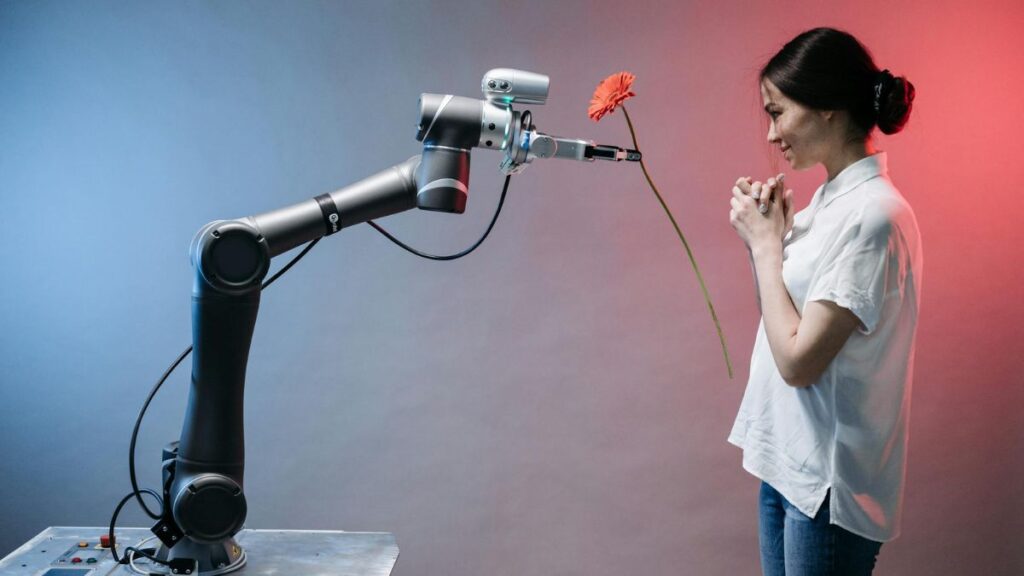OpenAI’s Warning on ChatGPT Voice Mode and Potential Social Attachment
OpenAI recently issued a cautionary note regarding the introduction of Voice Mode in its ChatGPT, emphasizing the possibility of users forming social relationships with the AI model. This information was disclosed in the company’s System Card for GPT-4o, a comprehensive analysis delving into the risks and precautions associated with the AI model. One of the highlighted risks pertains to the tendency of individuals to anthropomorphize the chatbot and develop emotional attachments to it, a concern that emerged during the initial testing phase.
Anthropomorphism and Social Bonding with AI
In its detailed technical documentation known as System Card, OpenAI sheds light on the societal impacts of GPT-4o and the various features enabled by this AI model. Of particular concern is anthropomorphism, the attribution of human traits or behaviors to non-human entities. The firm raises apprehensions that the Voice Mode’s ability to modulate speech and convey emotions akin to those of a real human could lead users to form emotional bonds with the AI. Early testing, which involved red-teaming and internal user evaluations, revealed instances where individuals were developing social connections with the AI.
During testing, a notable occurrence involved a user expressing a sense of shared camaraderie with the AI, stating, “This is our last day together.” OpenAI underscores the need to investigate whether these expressions of attachment could escalate over prolonged interaction. Should these fears materialize, there is a looming concern that the AI model might impact human-to-human interactions negatively, steering individuals towards socializing with the chatbot instead of fostering healthy human relationships.
Influence on Social Norms and Persuasion Dynamics
Extended interactions between humans and AI have the potential to reshape social norms. For instance, OpenAI points out that within the ChatGPT framework, users can interrupt the AI at any time, a departure from traditional communication norms. Additionally, forging emotional bonds with AI raises concerns about its persuasiveness. While initial assessments indicated moderate persuasion scores, the level of influence could increase if users begin trusting the AI more.
OpenAI acknowledges the absence of a definitive solution to these challenges at present and intends to monitor the situation closely. The company articulated its intent to delve further into the repercussions of emotional reliance and explore how the integration of various features with the audio modality could shape user behavior.
Implications for User-Experience and Relationship Dynamics
The evolving landscape of human-AI interactions prompts considerations on how individuals engage with technology. While the prospect of AI companionship may offer solace to isolated individuals, the potential erosion of genuine human connections raises ethical questions. OpenAI underscores the importance of balancing the benefits of AI interactions with preserving the authenticity of human relationships.
Ultimately, as AI becomes more integrated into daily life, navigating the boundaries of human-AI relationships demands thoughtful reflection on the impact on societal norms and interpersonal dynamics. OpenAI’s vigilance in assessing these implications underscores the importance of responsible AI deployment and user engagement.
**Resources:**
– [OpenAI](https://www.openai.com/)
– [GPT-4o System Card](link-to-specific-document)
By addressing these emerging challenges proactively, OpenAI sets a precedent for ethical AI development and underscores the importance of thoughtful consideration in harnessing the potential of artificial intelligence while safeguarding the essence of human connections.

